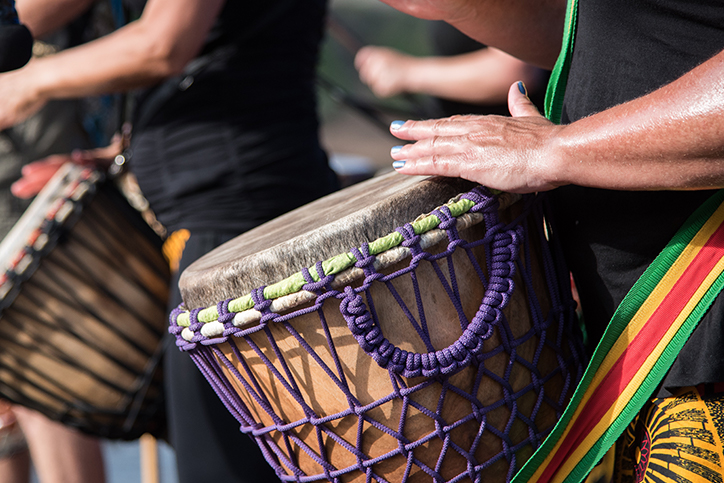Here in America and in most of Canada, we have funeral traditions that have stood the test of time for decades, even centuries.
But our traditions are vastly different from those in other countries and cultures.
This article looks at Togolese funeral traditions and is part of a series that highlights how different cultures care for their dead. Other parts of the series are about Peruvian funeral traditions and Maltese funeral traditions, among others.
Note, these traditions may vary depending on the individual and their own beliefs.
Religious and Death Beliefs
Togo has several popular religions, including Christianity with 43.7% of the population, Animism with 35.6%, Islam with 14%, and a few others.
Togolese people honor their ancestors, also known as the “living dead.” They believe that their ancestors can spiritually communicate with the living, so they’re shown respect at funerals and other significant occasions.
Togolese Funeral
A Togolese funeral is an important occasion for the entire community. It’s more of a celebration of life, as there are marching bands, choirs, football tournaments, meals, and elaborate decorations. The celebrations can last a long as a week or even a month after the burial. However, if the person died unexpectedly, the funeral may occur more quickly. Depending on the extent of the celebration, some families may sell or mortgage land to pay the funeral costs.
The Burial
Before the burial, the family washes the deceased and puts them in a burial shroud. The burial is typically as soon as possible since Togo has a warm climate. There is a funeral procession to the burial location, and mourners may dance and sing. They also may chant during the burial to hide the deceased from evil spirits.
Memorialization
After the burial, there’s usually an all-night celebration with drinks, dancing, and music such as drums and flutes. They also may sacrifice cattle, sheep, goats, or poultry to honor the deceased’s memory.





Are the graves marked? And if so, can yo say with what?
Thanks